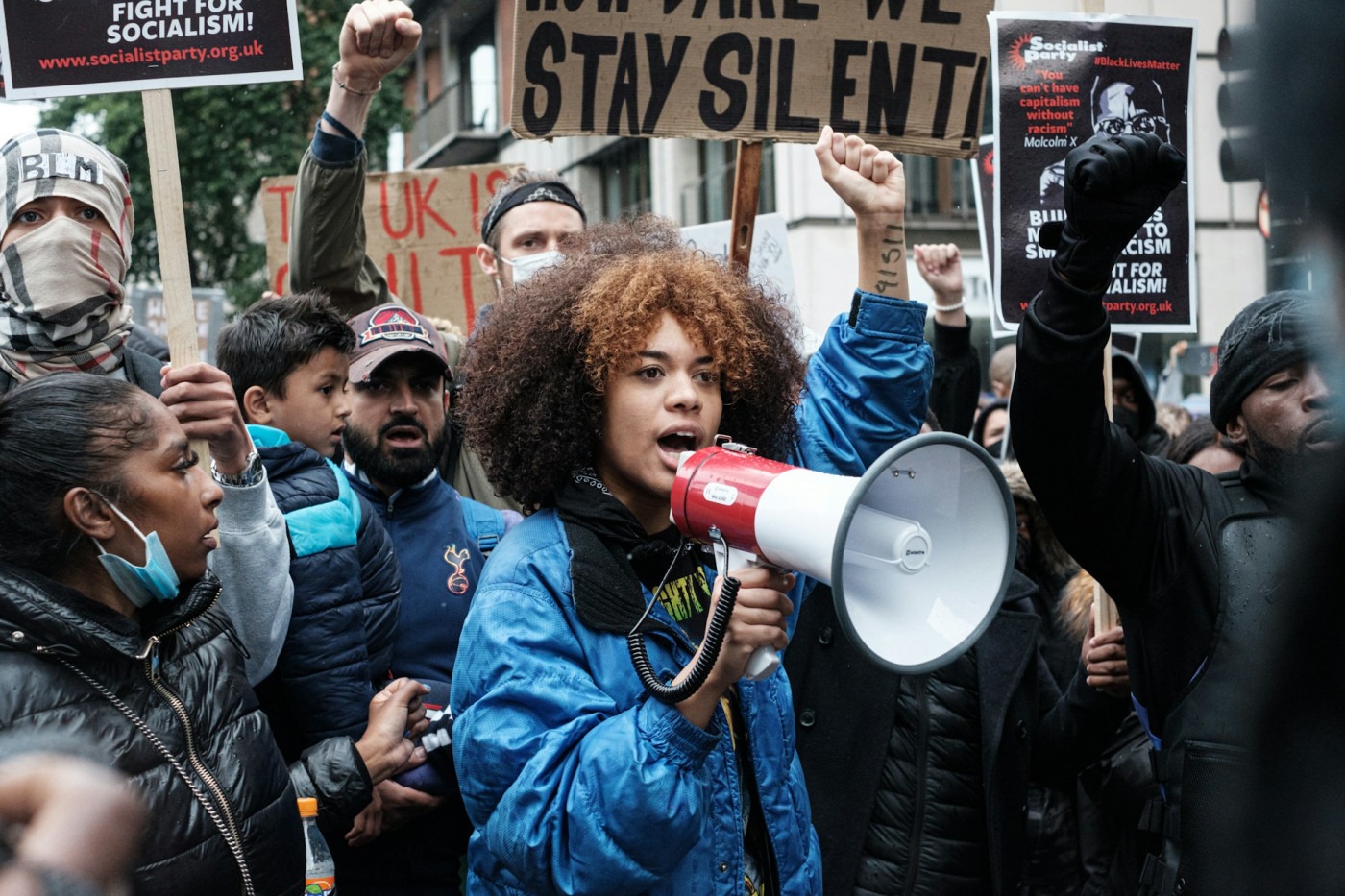Should artists be representatives of political rights?
Multidisciplinary artist Johanna Hevda took to Instagram to express their grievance towards the cancellation of their solo exhibition. The show titled Are You Willing to Break It was supposed to be showcased in mid-March in the German Museum Kunstverein Braunschweig. The museum’s official reason behind it was that they were “understaffed”, which had forced them to suspend the exhibition indefinitely.
In frustration, Hevda refuted these claims revealing that the nature of the suspension was due to the artist’s irrevocable support for a liberated Palestine. During the press release, they referred to the ongoing events in Gaza as an “undeniable genocide”. When the director suggested that the phrase should be edited in exchange for the word “war”, Hevda firmly declined. Shortly after, the institution ghosted Hevda, subsequently cancelling the show entirely through an unsigned email.
There is a difference between words and bombs, discourse and starvation, a press release and death. Who carries the weight of this difference? – Hevda on their Instagram post
Censorship is not a new phenomenon within the art world. For decades, alongside other forms of media, artwork has been subjected to scrutiny through a political lens. During Nazi Germany, modern styles such as Cubism and Expressionism were classed as degenerate art, as well as Jewish art being by the ministry. An example of this would be how Modern art was subjected to public ridicule during exhibitions such as the Entartete Kunst exhibition in Munich. Instead, art pieces that positively reflected Nazi-party virtues were praised and uplifted.
Throughout history, fear has been the driving force behind any existing domineering political power. This is because political bodies and institutions have always been aware of the threat that a large number of opposing figures pose. Often, artists would be actively involved in politics, heavily associating themselves with radical groups. An example of this is notable 18th century Neoclassical painter Jacques-Louis David, the composer of ‘The Death of Marat’ (1793) and ‘The Death of Horatti’ (1784), who participated in propaganda programs. Art can be a powerful polemic tool that can pose a potential threat to bodies of power. Thus, it is no surprise that censorship guidelines seem to tighten whenever a political agenda is concerned.
Art has the power to ignite revolutions and transcend boundaries – Jacques-Louis David
Today, the restriction upon the freedom of expression within art lingers, although it is as silent as ever. In the UK, Article 10 of the European Convention of Human Rights protects the right to hold and express opinions without government interference. Nobody can take away your right to freedom of speech. Right? Wrong. Despite this, artists and art organisations have been increasingly self-censoring. This is due to the fear of mass public backlash through social media and the possibility of funders pulling their support from these institutions. In an attempt to avoid conflict, a neutral stance is often assumed to be the best route.
Despite the oppression of artistic freedoms, we no longer live in a period of time where we have to fear for our lives while standing up for our political rights.
There are different physical and virtual spaces that encourage open discussions and debates amongst artists, alongside upcoming organisations that support freelance artists struggling to navigate these obstacles. It is important that we address censorship with seriousness. There is power in numbers.
Thus, it is not a matter of whether an artist should be able to represent their political opinions but a matter of whether they are brave enough to do so. No one is obliged to do anything but what they believe is right.
You must ask yourself, as an artist, whether sitting back in silence is the right thing to do.
From the River to the Sea.

Comments